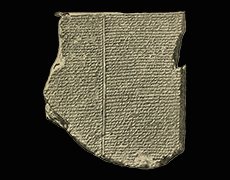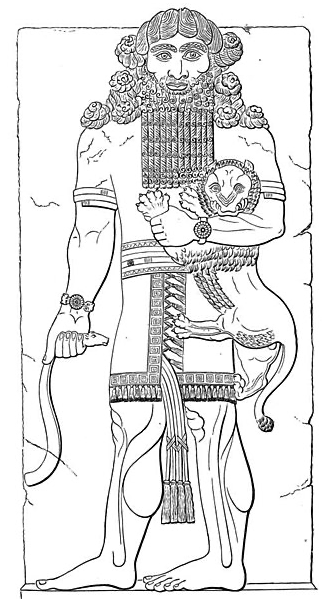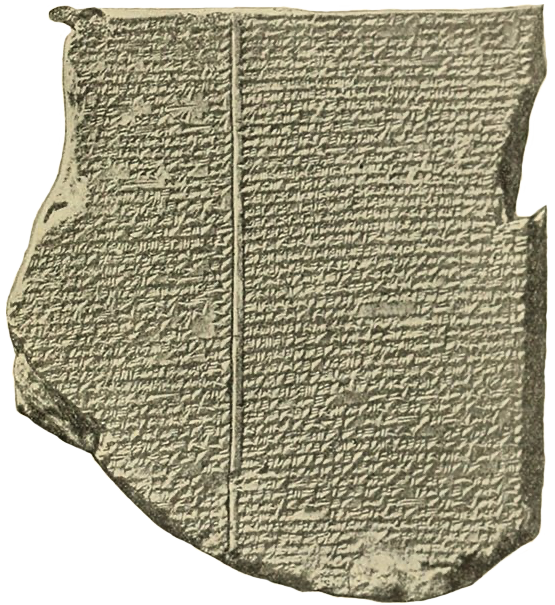
The flood myth is a story from ancient Mesopotamian literature that tells of a great flood sent by the gods to destroy humanity.
The story is recorded in the Epic of Gilgamesh, an epic poem from ancient Sumer that dates back to around 2100 BCE. The flood story is found in Tablet XI of the epic and tells how the gods decided to end humanity because of their noise and disturbance.
The god Enki, also known as Ea, warned a man named Utnapishtim of the impending flood and instructed him to build a large boat to save himself, his family, and a sample of all the animals, just like in the story of Noah’s ark.

Utnapishtim followed Enki’s instructions and the flood came, destroying all life on earth.
After the flood, the gods were remorseful and immortalized Utnapishtim and his wife. The gods made them immortal and gave them eternal life in the distant land of Dilmun as a reward for his faithfulness.
The Gilgamesh flood myth shares many similarities with the biblical story of Noah and the flood found in the book of Genesis. Both stories involve a worldwide flood sent by the gods to destroy humanity, a chosen survivor who is warned of the flood, and a boat filled with animals that is used to survive the flood.

Scholars strongly believe that the Gilgamesh flood story was one of the sources for the biblical story of Noah and the flood.
The Gilgamesh flood myth is significant because it is one of the earliest known flood myths from ancient literature and is an important piece of Mesopotamian mythology.
It also continues to be studied by scholars and researchers for its possible connections to real historical events, such as the flooding of the Black Sea, as well as its possible influences on later flood myths and religious traditions.

